The lesson from medieval history that Putin didn't learn.
It's dangerous to rely on mercenaries. They may turn on you. Why didn't Putin know this?
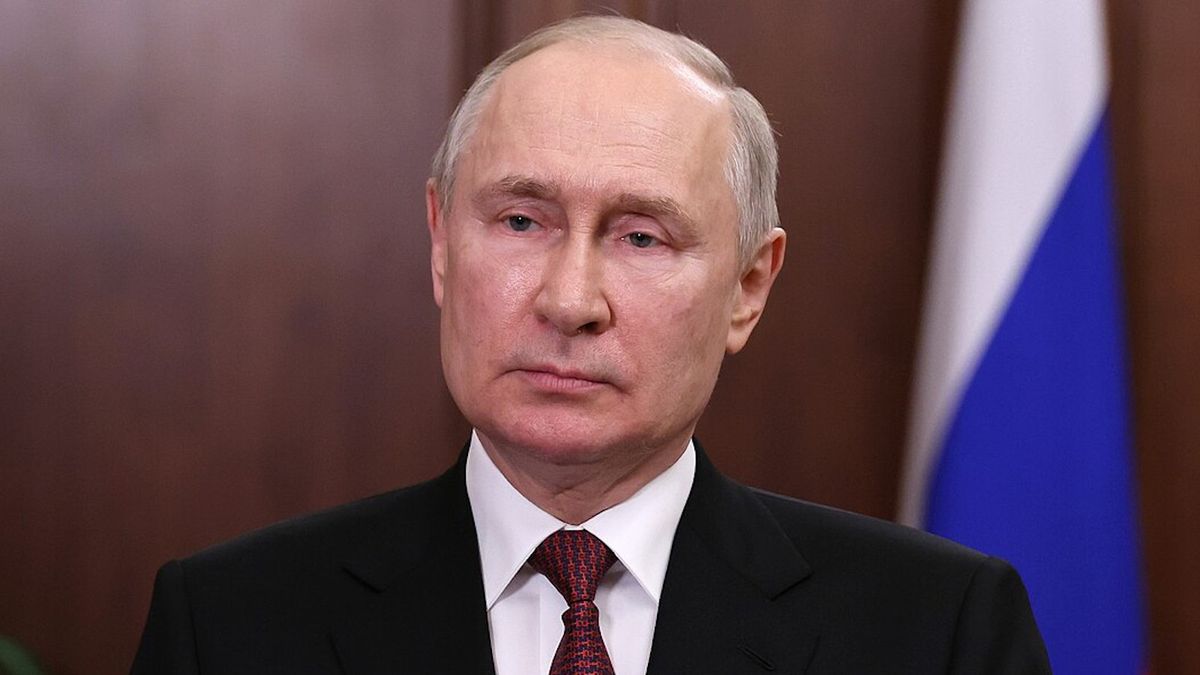
The news today (June 24, 2023) is full of buzzing about what's going on in Russia. In case you haven't heard, a mercenary army called the Wagner Group, founded by Nazi-lite Russian oligarch Yegevny Prigozhin, reportedly marched on Moscow, and Prigozhin is publicly feuding with Russian dictator Vladimir Putin about the conduct of the Russian war on Ukraine, in which the Wagner Group has been involved. At this writing it's too early to judge how serious a threat this is to Putin's rule, but it's certainly a noteworthy development in the war, which has gone badly for Putin up to now (and which I've written about before). The Wagner Group is a truly fulsome organization. A ragtag and incompetent collection of cutthroats, murderers and Nazibros, Putin has deployed them since 2014 on various battlefields where he won't or can't commit regular Russian troops. The Wagner boys are responsible for mayhem, rape, murder and full-scale atrocities in Ukraine. They are apparently not much good as soldiers. When they do manage to win battles, their casualty rates are astronomical, and they are far less efficient even than Putin's own largely worthless army which consumes resources at an unsustainable rate.
In relying on the Wagner Group--a decision that has, this week, very much backfired on him--Putin has shown a profound ignorance of both history and common sense. Honestly, I think Vlad is losing it. Earlier in his career he was a pretty keen reader of the trends and lessons of Russian and world history, molding himself into a modern facsimile of the pre-Revolution tsars. Until about the last decade he did pretty well at holding on to power the way the tsars did. But now it seems like the cheese has slid totally off his cracker. The invasion of Ukraine in February 2022 was an epic blunder for the ages. He has now painted himself into a corner. It seems clear now that he can't defeat Ukraine militarily, but failure in this task is likely to lead to his own loss of power, deposition, or death. This week's attempted coup, whether it goes off or not, highlights the danger into which Putin has put himself.
But in trusting Wagner in the first place Putin made a rookie-level mistake that should have been evident from even a casual browsing of history: entrusting your war to mercenaries is highly likely to backfire on you! Whatever their own political or ideological beliefs are--and it seems that the Wagner higher-ups are even more radical, right-wing and nihilistic than Putin himself--mercenaries are all about one thing, and one thing only: material gain. As soon as a mercenary army sees a better opportunity for profit on the horizon than sticking to whatever contract they've already made, they'll turn on their former employers. The classic pattern is when a political leader runs out of money to pay a mercenary army, and the mercenaries turn on them. Carthage learned that lesson in ancient times. It happened a lot in medieval times too. How did Putin not understand this?
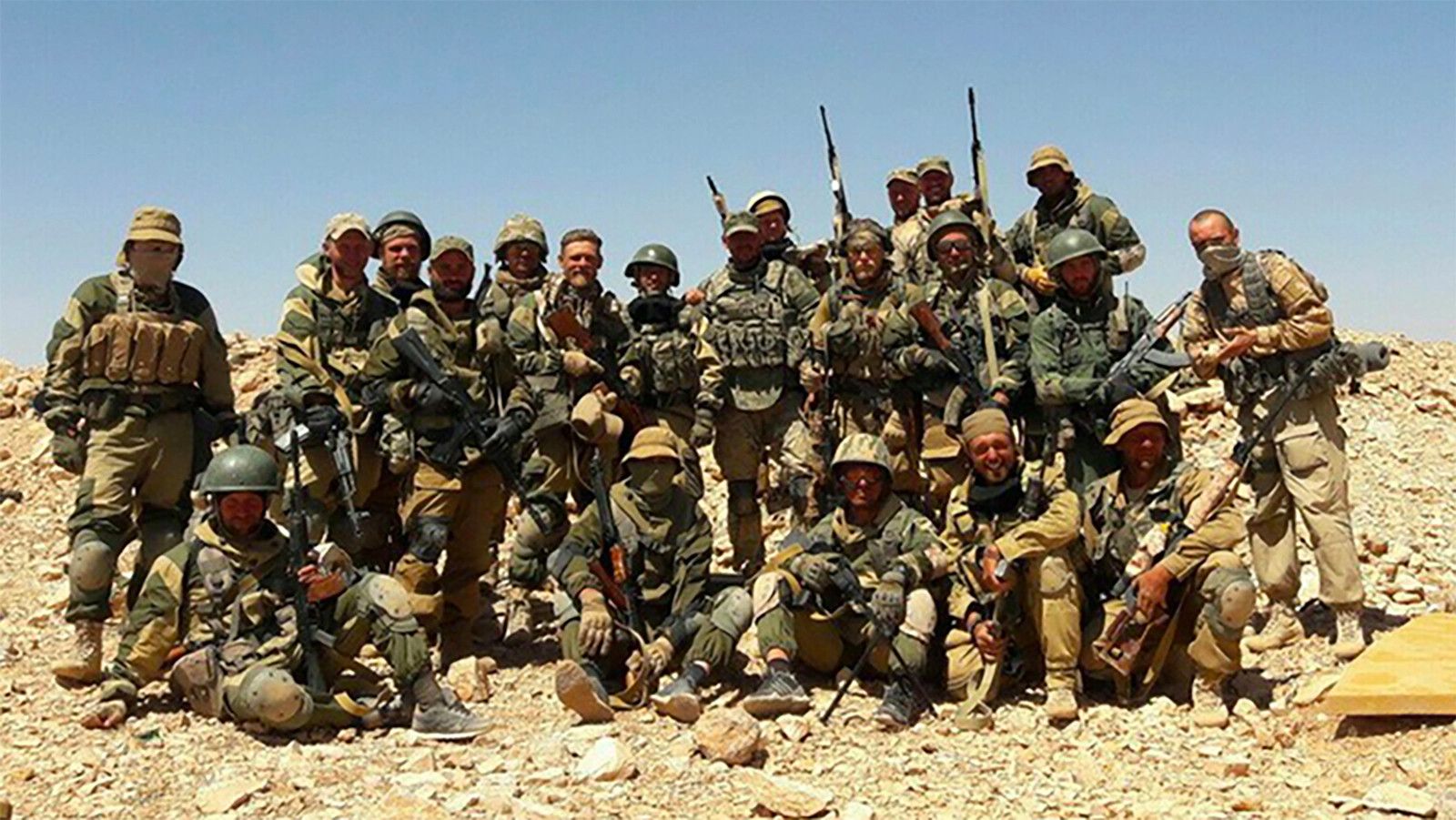
To be sure, what's happening with Wagner Group doesn't appear to be simply that they aren't getting paid. Yegevny Prigozhin has criticized Putin sharply on the conduct of the war and his (Prigozhin's) public statements are generally to the effect that the legit Russian forces aren't killing Ukrainians fast enough for his taste. But it's unlikely that's the real reason behind this mini-uprising. Prigozhin may be trying to challenge Putin for power, or seeking leverage for the Wagner Group in whatever awkward resolution the war with Ukraine might ultimately come to (if it does not end in an outright Ukrainian victory). One thing's sure, though: Prigozhin is out for himself first and foremost. Mercenaries always are.
In 1302, Byzantine Emperor Andronicus II Palaeologus hired some of Europe's finest mercenaries, known as the Great Catalan Company, to help him fend off attacks by the Ottoman Turks in Anatolia who were just then rising to prominence. Andronicus thought highly of the Catalan Company's commander, Roger de Flor, showering him with gifts and titles and even getting his niece to marry him, thus making Roger technically a member of the Byzantine royal family. Roger did the job he was paid for, which was kicking Turkish butt, for a while, but invariably began to dream bigger and thought of establishing his own kingdom. Recognizing the danger that Roger posed to Byzantium, Michael IX, Andronicus's co-ruler, had Roger de Flor assassinated in 1305. That caused the Catalan Company to turn directly on their former employers, joining forces with the Turks to ravage Byzantine territory. The whole Catalan Company adventure was a spectacular fiasco.
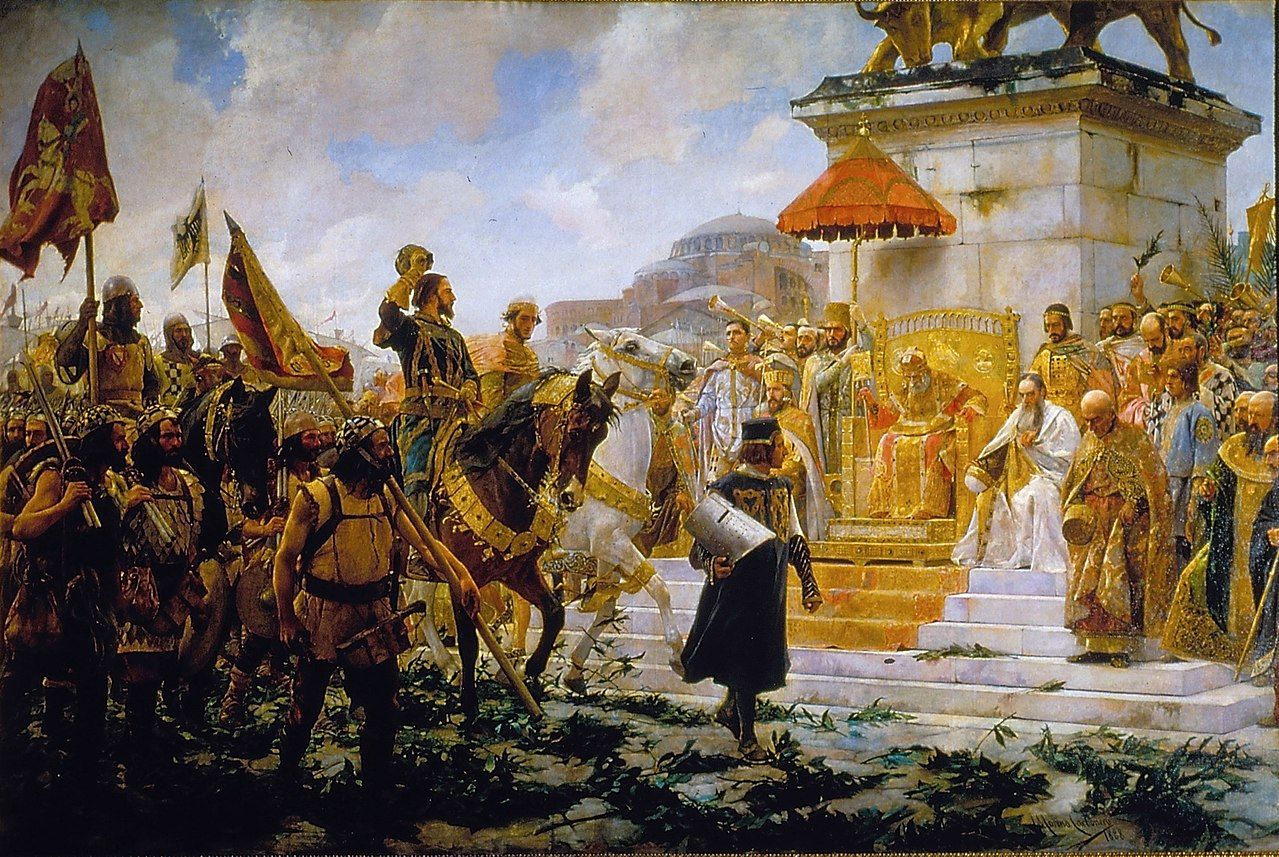
I admit I haven't studied Wagner Group or Yegevny Prigozhin closely enough to determine whether we can call him a 21st century Roger de Flor. But the basic lesson is not that hard to grasp, even for Putin, apparently addled and out-of-touch in his billion dollar dachas and perhaps loopy from months of COVID lockdown behind the walls of the Kremlin. A regime that relies in significant part on mercenaries to fight their wars is giving a loaded gun to a potentially powerful enemy. It's often weak or decaying states that feel the need to purchase mercenaries; Byzantium was not in very good shape in the early 14th century, and Russia, crushed under international sanctions and with a largely worthless military, isn't in much better condition in the 2020s. Intrigues and reverses involving mercenaries often compound the decay of a state rather than stop it.
It will be interesting to see how this latest development in Russia plays out. But this is a definite sign that Putin's hold on power, and reality, is weakening. I don't know what he spends his time doing in his top-secret bunkers, but it doesn't seem like he's reading much history.
The Value Proposition
Why should you be reading this blog, or receiving it as a newsletter? This is why.
☕ This is where I normally put my Ko-fi link. Don't buy me a coffee this week--order my new history book The 50 Most Important Things in History instead for the same price!
🎓 Like learning? Find out what courses I’m currently offering at my website.
📽 More the visual type? Here is my YouTube channel with tons of free history videos.
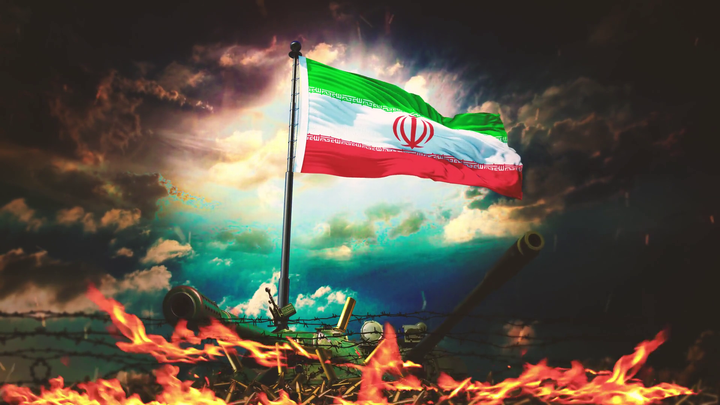
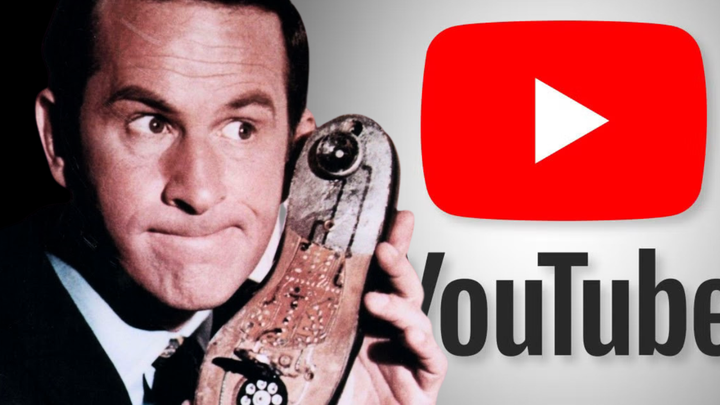

Comments ()